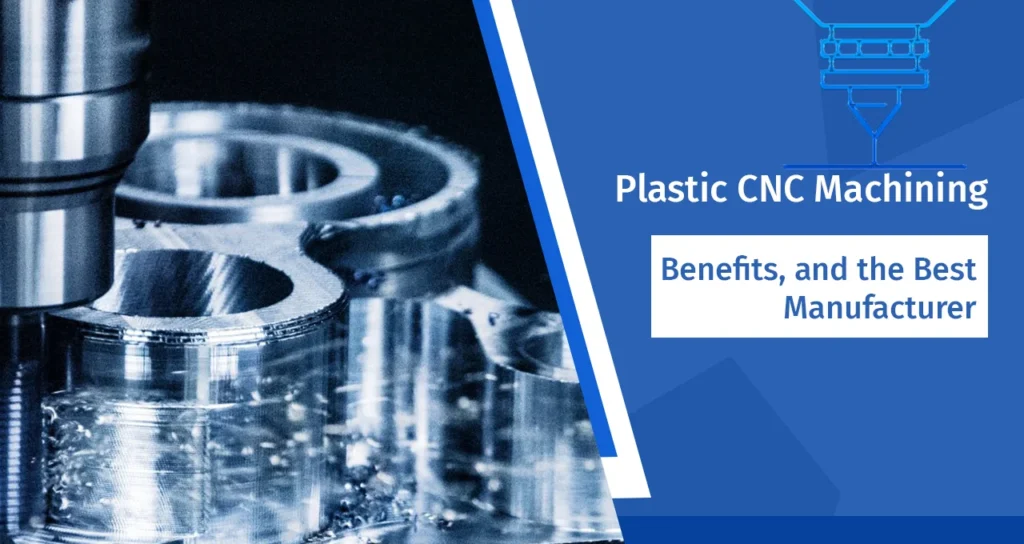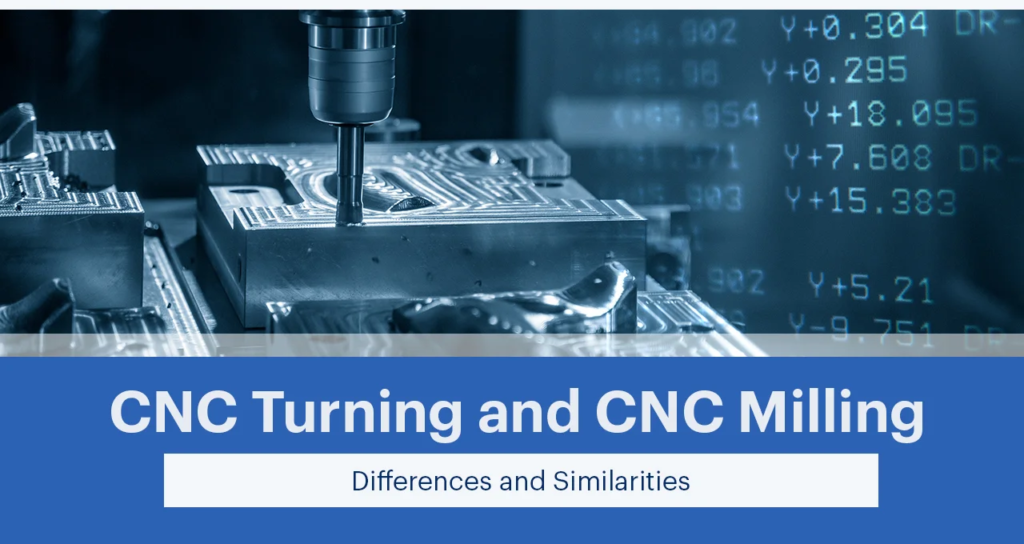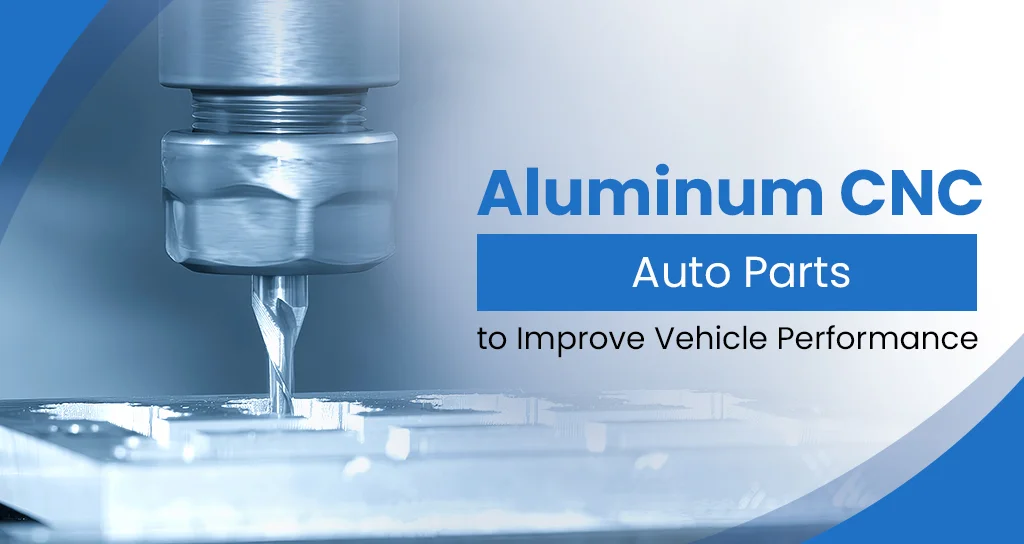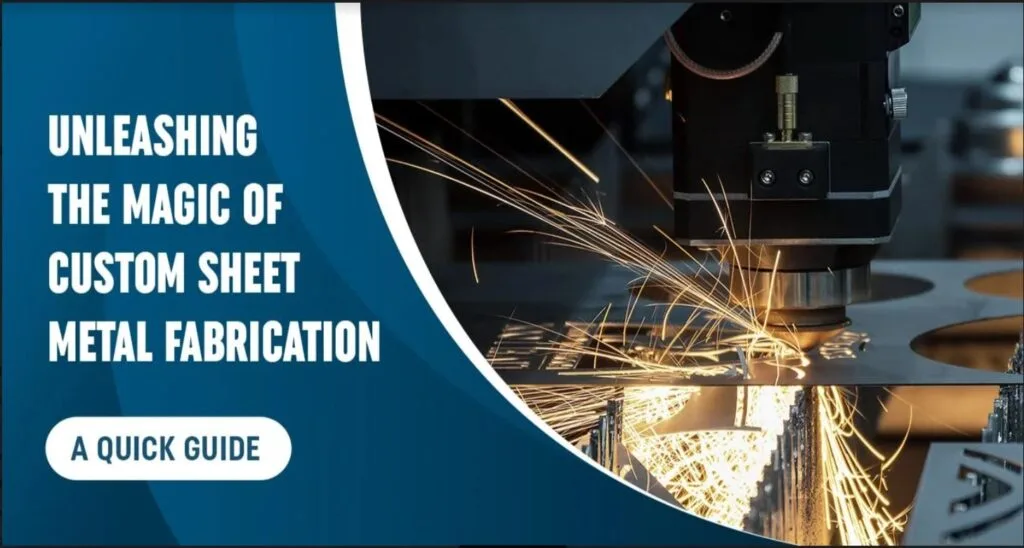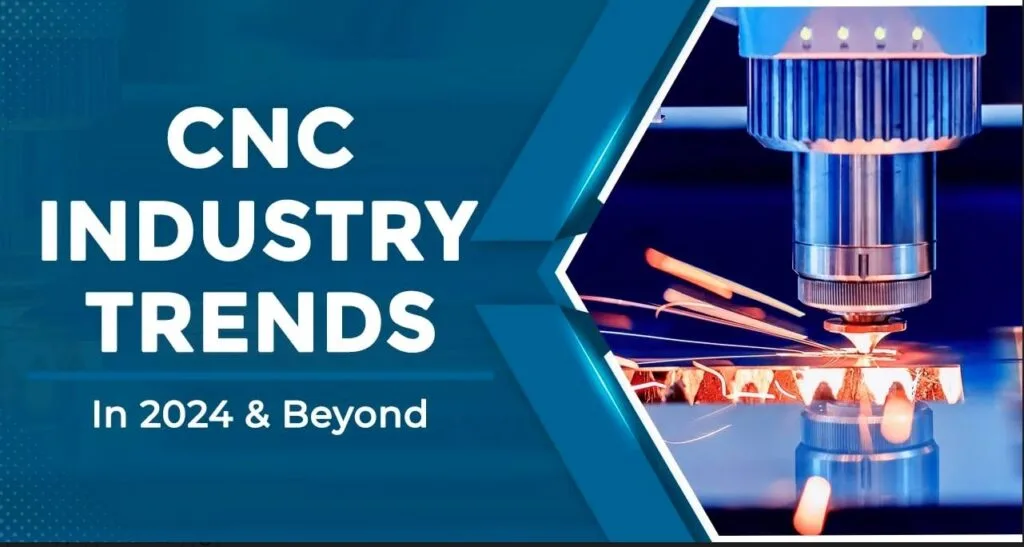From medical to aerospace to automotive sectors, CNC machining is a popular choice across industries due to its affordability and precision for creating prototypes and machined parts. It puts everything into parts, including mounting surfaces, screw threads, holes, and precision bores, through machining or casting from solid.
However, CNC precision machining has a few cons in some cases. But, that shouldn’t overshadow the pros, right? So, before going ahead, you need to ensure that choosing CNC machining for your project is the best decision. See here.
Is Precision CNC Machining Advantageous for Making Prototypes or a Disadvantage?
Except for a few cases, you can always leverage CNC machines for precision parts making. Here are the advantages you can take:
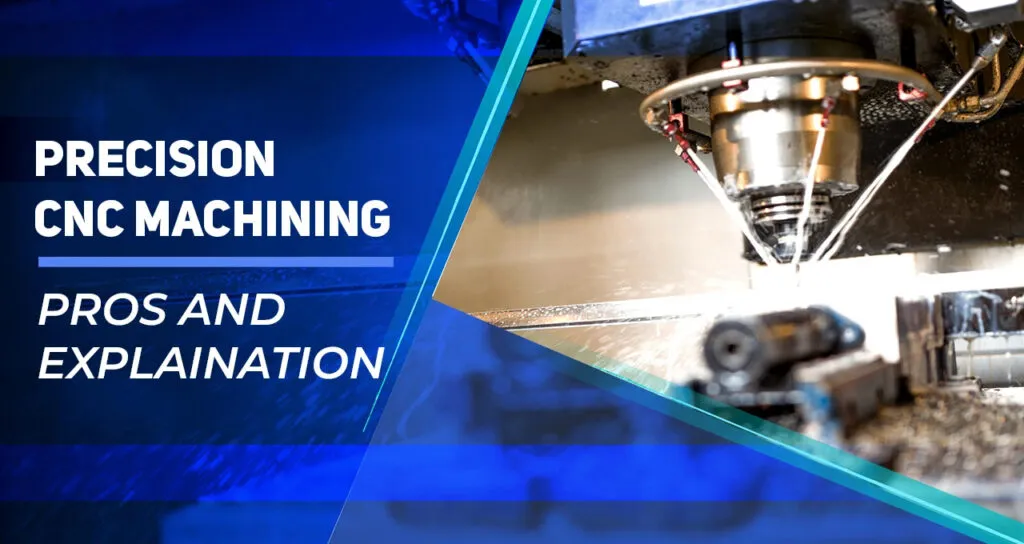
Computer-controlled motion
CNC or Computer Numerical Control machining contains multiple-axis machine tools driven by a motor. The sequence of steps of an axis combines a series of movements to design a part with one or a number of features. This sequence is also a part of the CNC machine software program written on the machine that can be adjusted and reviewed manually to control speed and finishes.
Tolerance and repeatability
CNC precision machining companies maintain tight tolerances during prototypes and part production. However, it depends on the part size you want to get machined and the features you desire to include in the final component. Also, the machine tool used and the machining process applied play a crucial role here.
For smaller parts, CNC precision machining maintains the highest tolerances accordingly:
- Turning- +/-0.0004”
- Milling- +/-0.0004”
- Grinding- +/-0.00004”
Make sure you work with a high-precision CNC machine manufacturer experienced with well-maintained machine tooling. Or else, your parts may not have this level of precision, making it challenging to maintain accuracy while machining a large batch of parts.
Lower labor costs
The best part of leveraging precision CNC machining services is no need for operator input. It means just with the help of one operator, you can supervise and control a number of machines. Thus, you can save a lot on labor costs as well!
Higher quality
CNC machining holds onto consistency in making precision machining parts as it maintains the same feeds and speeds for every cycle while moving in the same direction on the workpiece. Yet, you can get 100% precision, and part-to-part repeatability every time. Also, its reduced part handling position feedback ensures more quality gains.
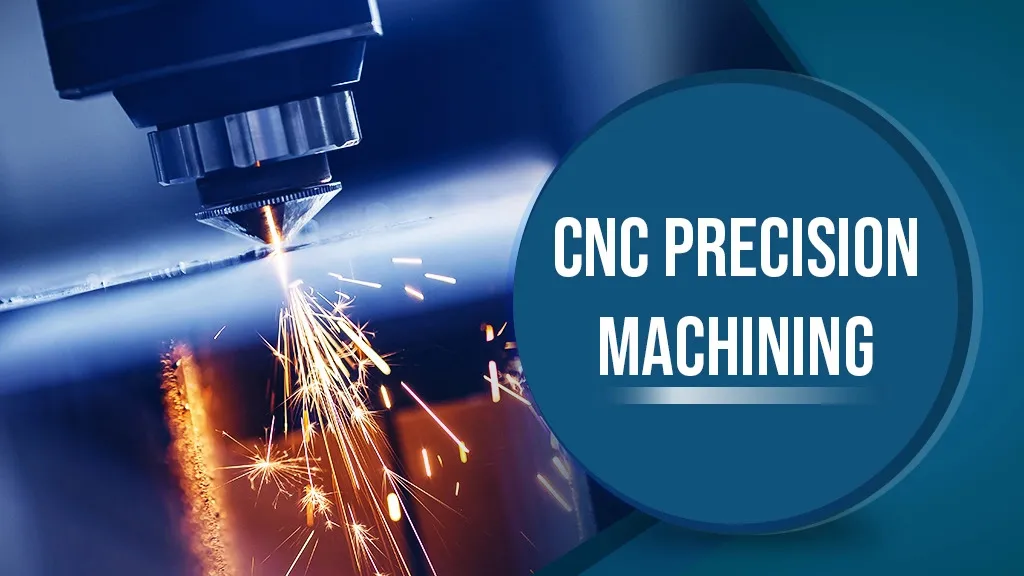
Combining operations
In a manual and conventional machine tool, the experts need to set up the entire platform for a single operation. For a second operation, they need to move to another machine and set up again, which is undoubtedly time-consuming. A high-precision CNC milling machine or turning machine combines the entire process step-by-step and repositions the cutting tools to move the parts in different places.
Moreover, it can switch between different cutting tools and styles if connected with a tool changer. Thus, shifting a batch of parts takes less time and eases handling the entire process.
Now, let’s talk about those scenarios where you may face a little bit of limitations while making CNC machining prototypes. For example:
Tool presetting
Tool presetting ensures the cutting point is in the expected place where it should be. This process involves attaching tools to their holders and checking if it’s in the right position to enter the value into the program. CNC machining fails to identify it correctly while driving the axes.
Part programming
This step often delays the machining process to start. Moreover, part programming needs to be tested to ensure there will be no risk of collisions if mounting a workpiece in the machine, which takes much time.
Access and visibility
CNC precision machine tools are enclosed, making it challenging to move machine parts for operators. In manual turning or milling machines, there are no such hazards as the machinist controls the axes. That’s why CNC machines require big guards to restrict the visibility and access to the cutting area.
In Conclusion
The advantages of CNC machining outweigh its disadvantages, making it a perfect choice for industrial part manufacturing. Looking for a low-price precision machining service? If yes, count on us! At Createproto Rapid System Limited, we ensure precision and on-demand production for industrial part-making and rapid prototyping affordably. Just upload a 3D CAD file of your product design, and we will be back to you with a DFM analysis and an estimated price.
Click here to request a quote now! and follow us on Facebook!

